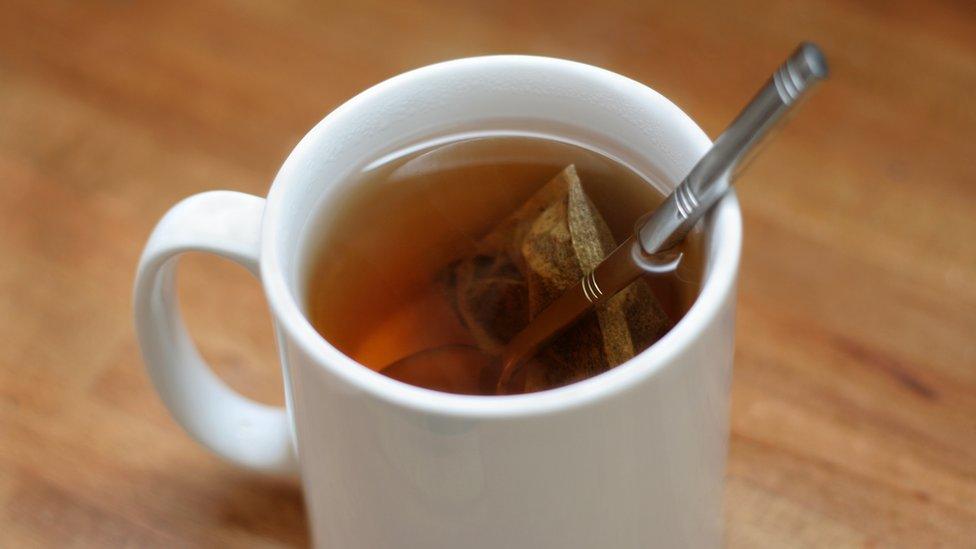Tea: Could used leaves help make water cleaner?
- Published
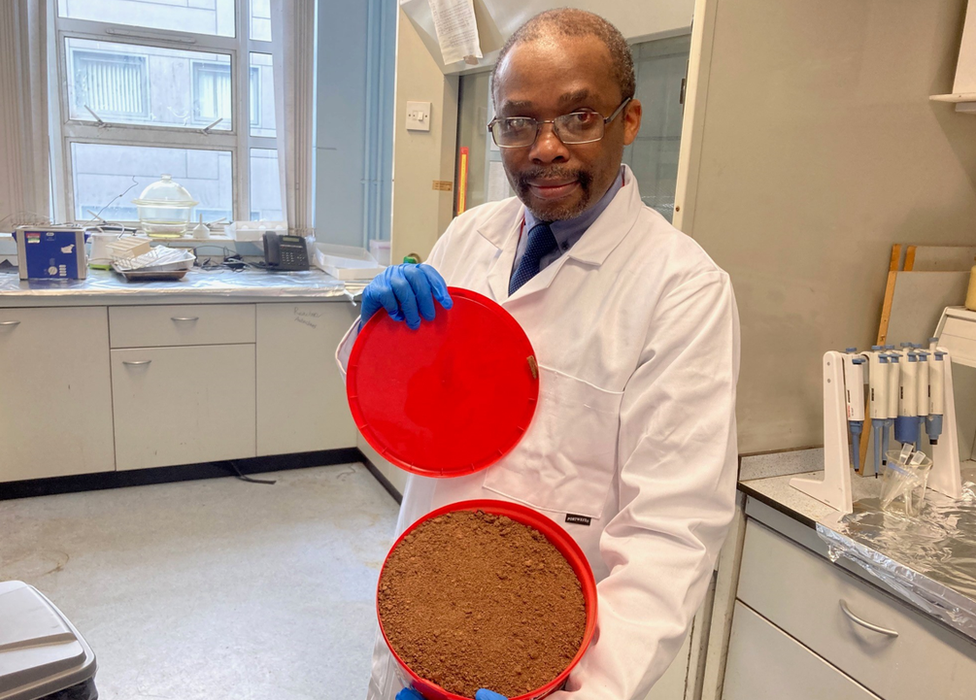
Dr Chirangano Mangwandi, a lecturer in chemical engineering, suspected tea leaves could be used in wastewater treatment to remove pollutants
People in Northern Ireland love their tea, drinking an average of four to six cups a day.
But when does a habit become a problem?
Possibly when all those cuppas result in millions of teabags which may end up in landfill, generating climate-changing methane.
But a tea-loving scientist at Queen's University Belfast has found a way of using that tea waste, which could improve health and save lives around the world as well as keep it out of landfill.
Dr Chirangano Mangwandi, a lecturer in chemical engineering, suspected tea leaves could be used in wastewater treatment to remove pollutants.
So he collected the waste from a coffee shop on the university campus to test his theory.
He cleaned the used tea leaves and put them through several processes to make an absorbent product.
He then tested that product's ability to remove heavy metals such as chromium and arsenic from wastewater.
And it worked.
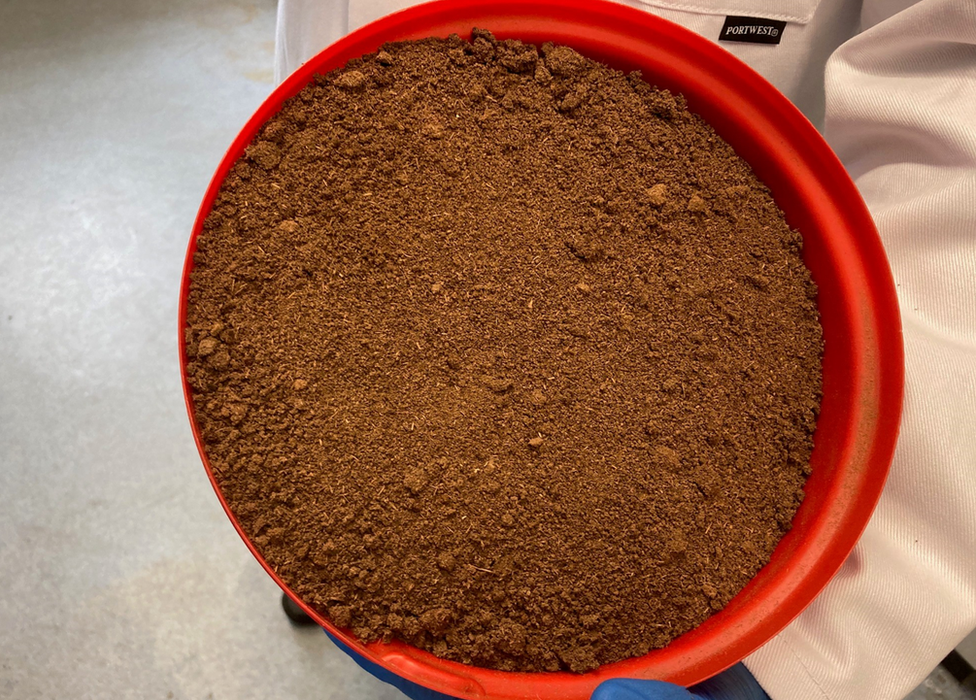
The used tea leaves were cleaned and put through several processes to make an absorbent product
"It's just a simple case of measuring a known quantity that you put it in the wastewater, depending on the concentration level that you want to remove," he said.
"Then you end up with clean water which is now free of chromium.
"You also end up diverting the tea waste from landfills, which is also good for the environment."
Chromium and other heavy metals are a major water pollution issue in places such as Bangladesh, where they are used in leather tanneries.
They are linked to a number of health problems, including cancer.
"Being able to convert a material which is naturally abandoned into a product which can solve their problems, I think that is quite important," Dr Mangwandi said.
But the treated tea waste could have even wider applications.
Dr Mangwandi's team has been looking at its ability to remove dyes and traces of medication from water.
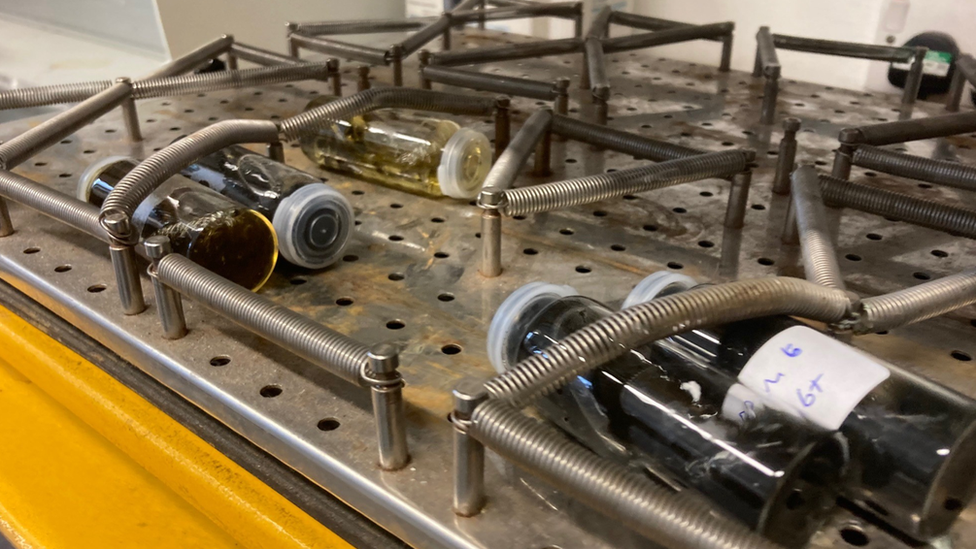
The treated tea waste could have wider applications
And because the absorbent material is magnetised, it can be removed easily from the water after use.
It could even end up as an ingredient for making batteries to store energy.
"Knowing that you're using something which is normally considered to be a nuisance, turning it into a product which can be also used to solve some other environmental issues is quite satisfying," Dr Mangwandi said.
Just like a cup of tea.
- Published10 January 2024
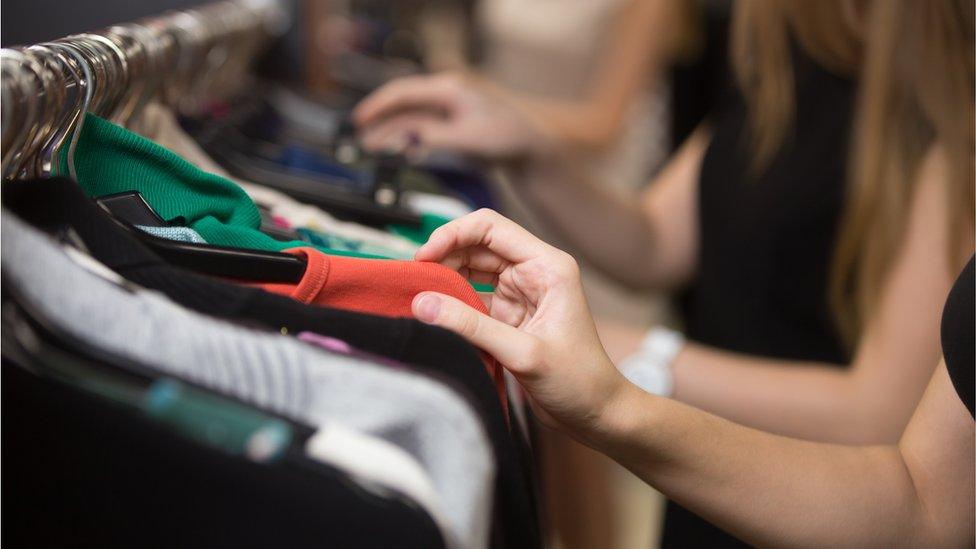
- Published6 November 2019
